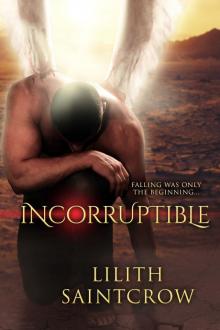 Incorruptible
Incorruptible Finder (The Watchers Book 6)
Finder (The Watchers Book 6) Steelflower in Snow
Steelflower in Snow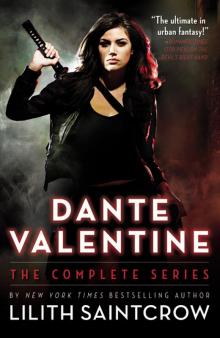 Dante Valentine
Dante Valentine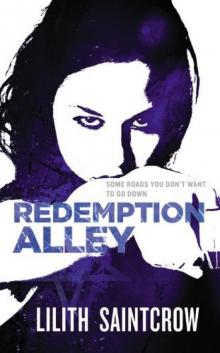 Redemption Alley-Jill Kismet 3
Redemption Alley-Jill Kismet 3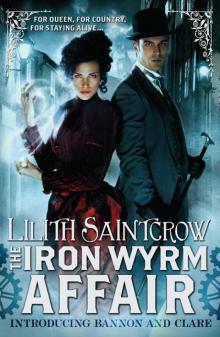 The Iron Wyrm Affair
The Iron Wyrm Affair The Demon's Librarian
The Demon's Librarian The Hedgewitch Queen
The Hedgewitch Queen Redemption Alley
Redemption Alley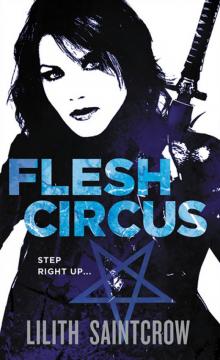 Flesh Circus
Flesh Circus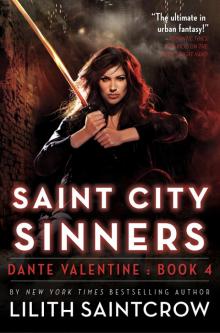 Saint City Sinners
Saint City Sinners Unfallen
Unfallen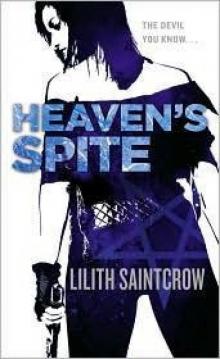 Heaven’s Spite
Heaven’s Spite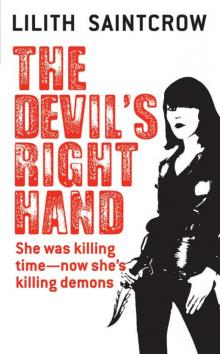 The Devil s Right Hand
The Devil s Right Hand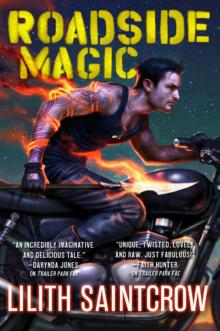 Roadside Magic
Roadside Magic Steelflower at Sea
Steelflower at Sea Agent Gemini
Agent Gemini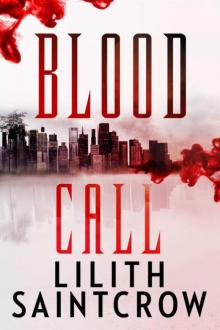 Blood Call
Blood Call Agent Zero
Agent Zero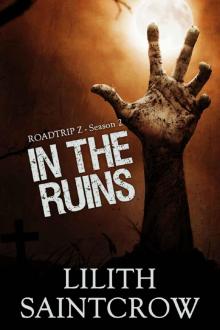 In The Ruins
In The Ruins Atlanta Bound
Atlanta Bound Hunter, Healer
Hunter, Healer Hunter's Prayer
Hunter's Prayer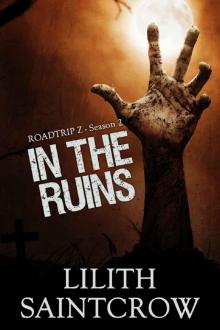 Roadtrip Z_Season 2_In The Ruins
Roadtrip Z_Season 2_In The Ruins Wasteland King
Wasteland King Pack
Pack Flesh Circus - 4
Flesh Circus - 4 Trailer Park Fae
Trailer Park Fae The Bandit King h-2
The Bandit King h-2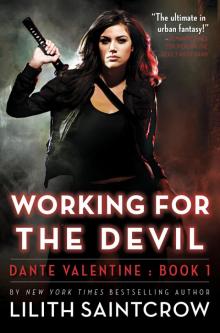 Working for the Devil
Working for the Devil Pocalypse Road
Pocalypse Road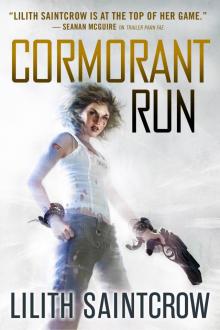 Cormorant Run
Cormorant Run Dante Valentine Book 5 - To Hell and Back
Dante Valentine Book 5 - To Hell and Back Desires, Known
Desires, Known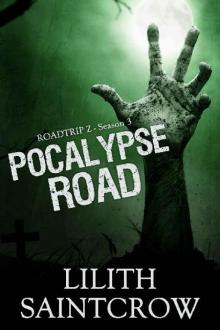 Roadtrip Z (Season 3): Pocalypse Road
Roadtrip Z (Season 3): Pocalypse Road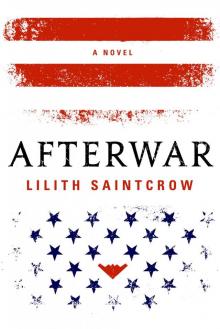 Afterwar
Afterwar Selene
Selene The Society
The Society The Hedgewitch Queen h-1
The Hedgewitch Queen h-1 Night Shift jk-1
Night Shift jk-1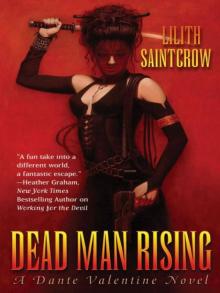 Dead Man Rising
Dead Man Rising Dead Man Rising dv-2
Dead Man Rising dv-2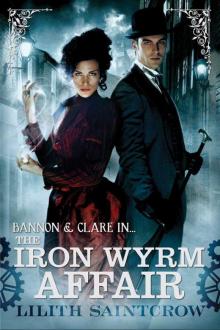 The Iron Wyrm Affair: Bannon and Clare: Book 1
The Iron Wyrm Affair: Bannon and Clare: Book 1 Saint City Sinners dv-4
Saint City Sinners dv-4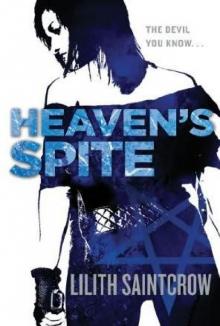 Heaven's Spite jk-5
Heaven's Spite jk-5 Beast of Wonder
Beast of Wonder Hunter's Prayer jk-2
Hunter's Prayer jk-2 The Damnation Affair
The Damnation Affair Steelflower
Steelflower The Red Plague Affair: Bannon & Clare: Book Two
The Red Plague Affair: Bannon & Clare: Book Two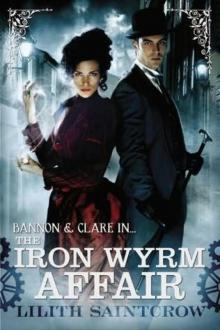 The Iron Wyrm Affair tb&ca-1
The Iron Wyrm Affair tb&ca-1 Flesh Circus jk-4
Flesh Circus jk-4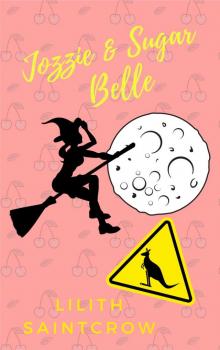 Jozzie & Sugar Belle
Jozzie & Sugar Belle Night Shift
Night Shift The Bandit King
The Bandit King![Hunter, Healer [Sequel to The Society] Read online](http://i1.bookreadfree.com/i1/04/05/hunter_healer_[sequel_to_the_society]_preview.jpg) Hunter, Healer [Sequel to The Society]
Hunter, Healer [Sequel to The Society] The Devil's Right Hand dv-3
The Devil's Right Hand dv-3 To Hell and Back dv-5
To Hell and Back dv-5 Angel Town
Angel Town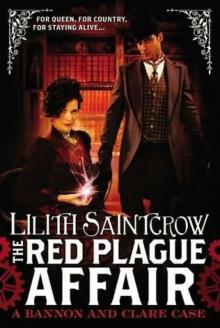 The Red Plague Affair tb&ca-2
The Red Plague Affair tb&ca-2 Redemption Alley jk-3
Redemption Alley jk-3 The Damnation Affair (the bannon & clare affairs)
The Damnation Affair (the bannon & clare affairs) Working for the Devil dv-1
Working for the Devil dv-1